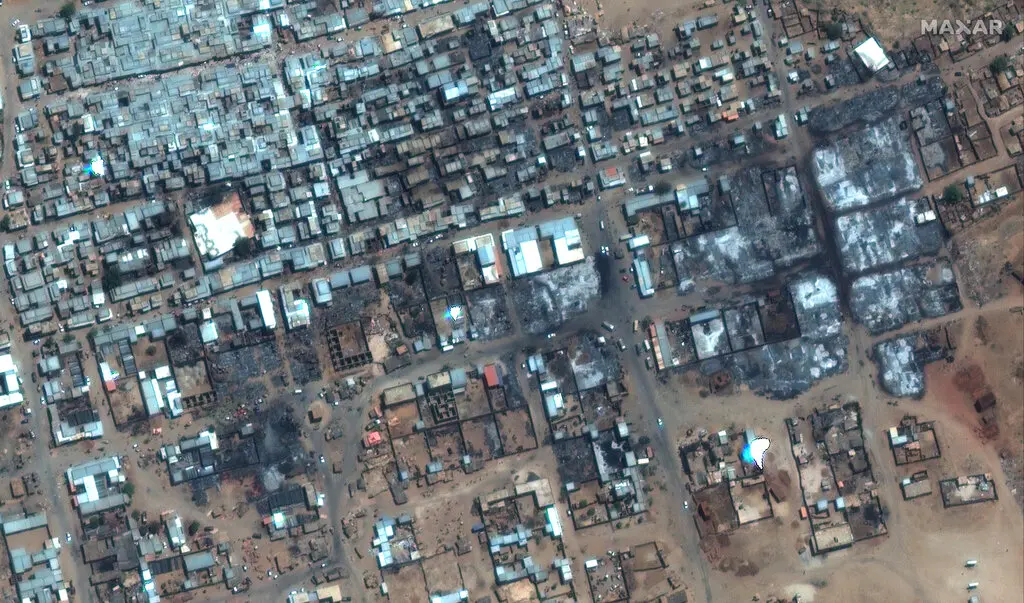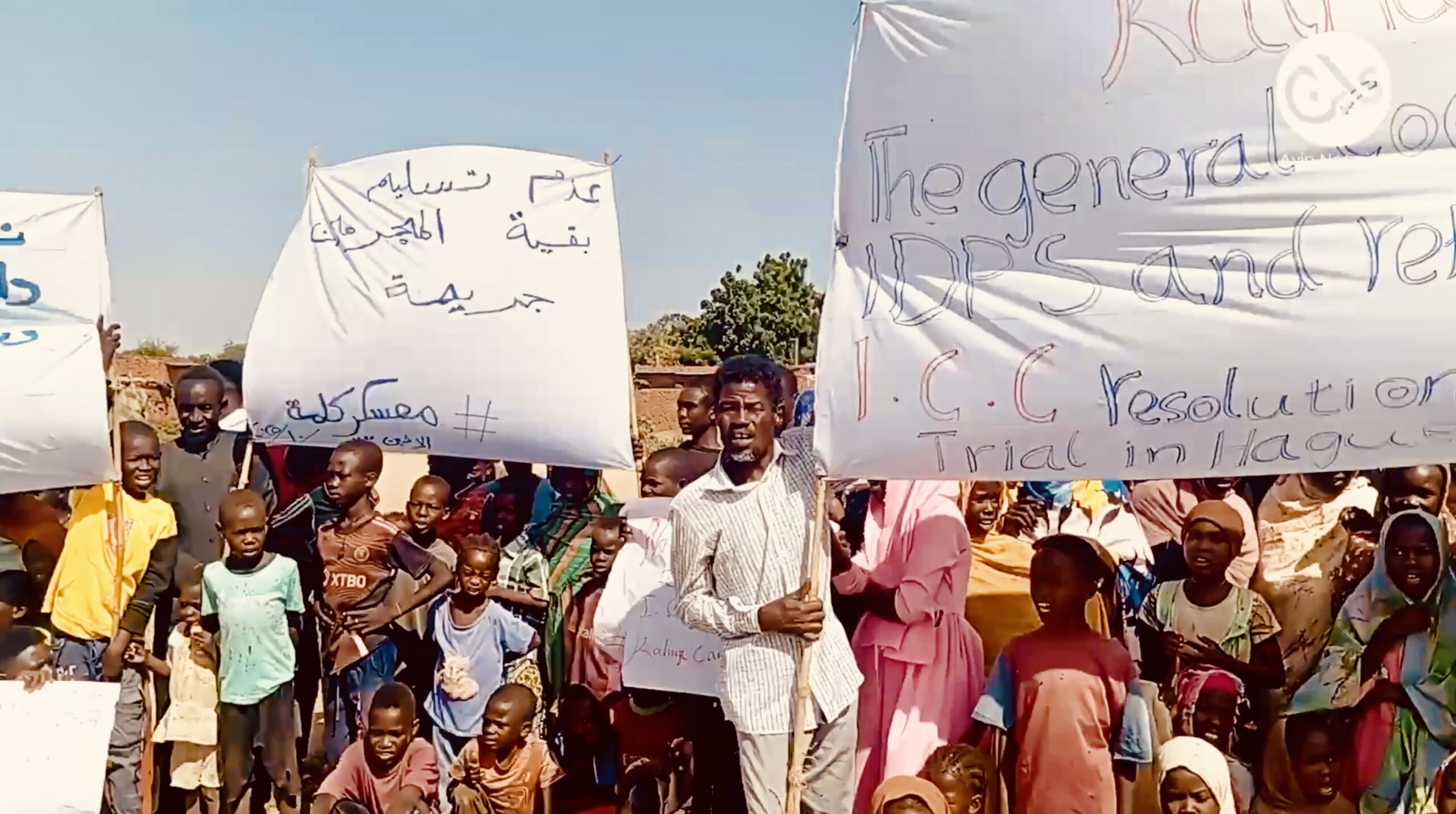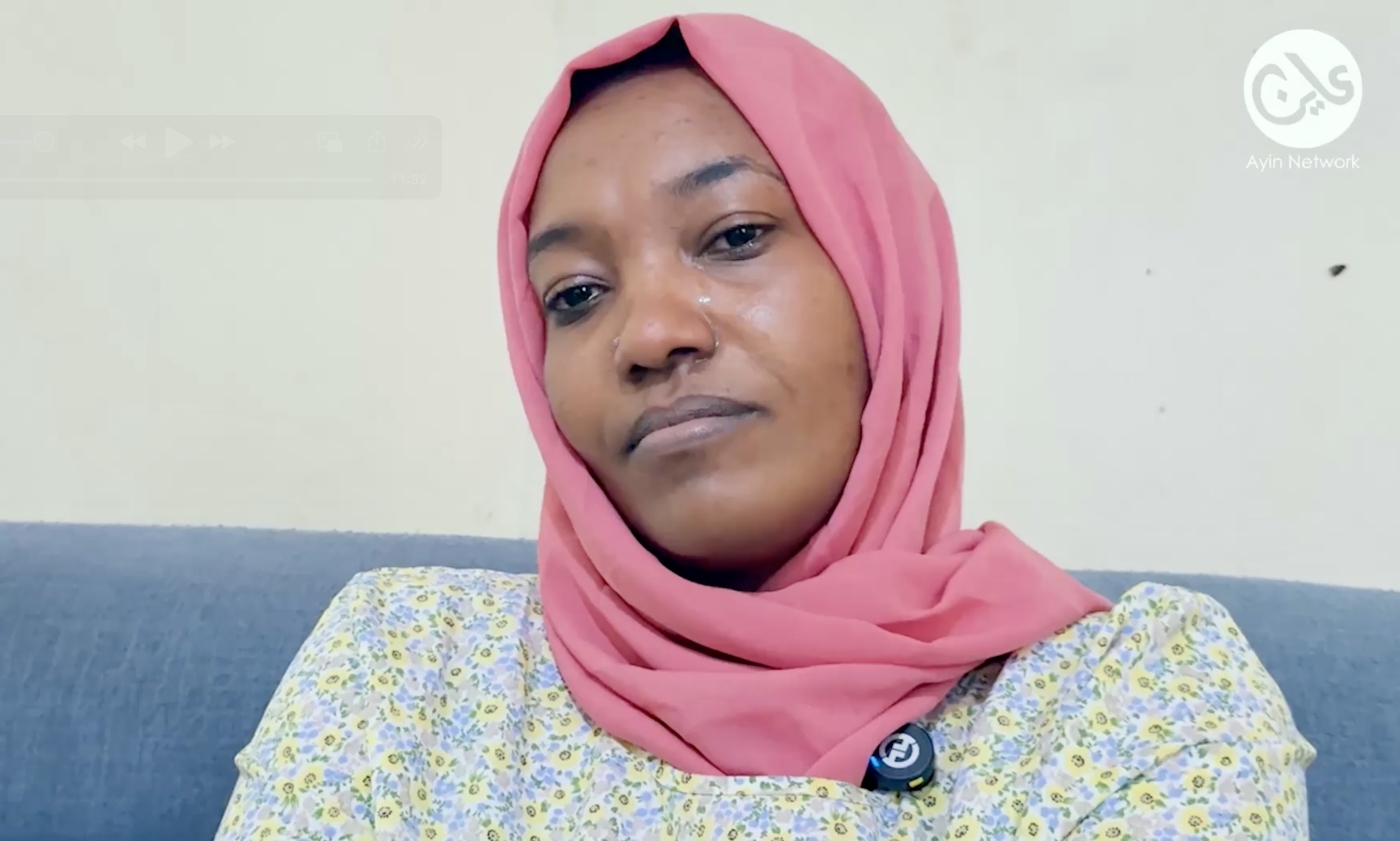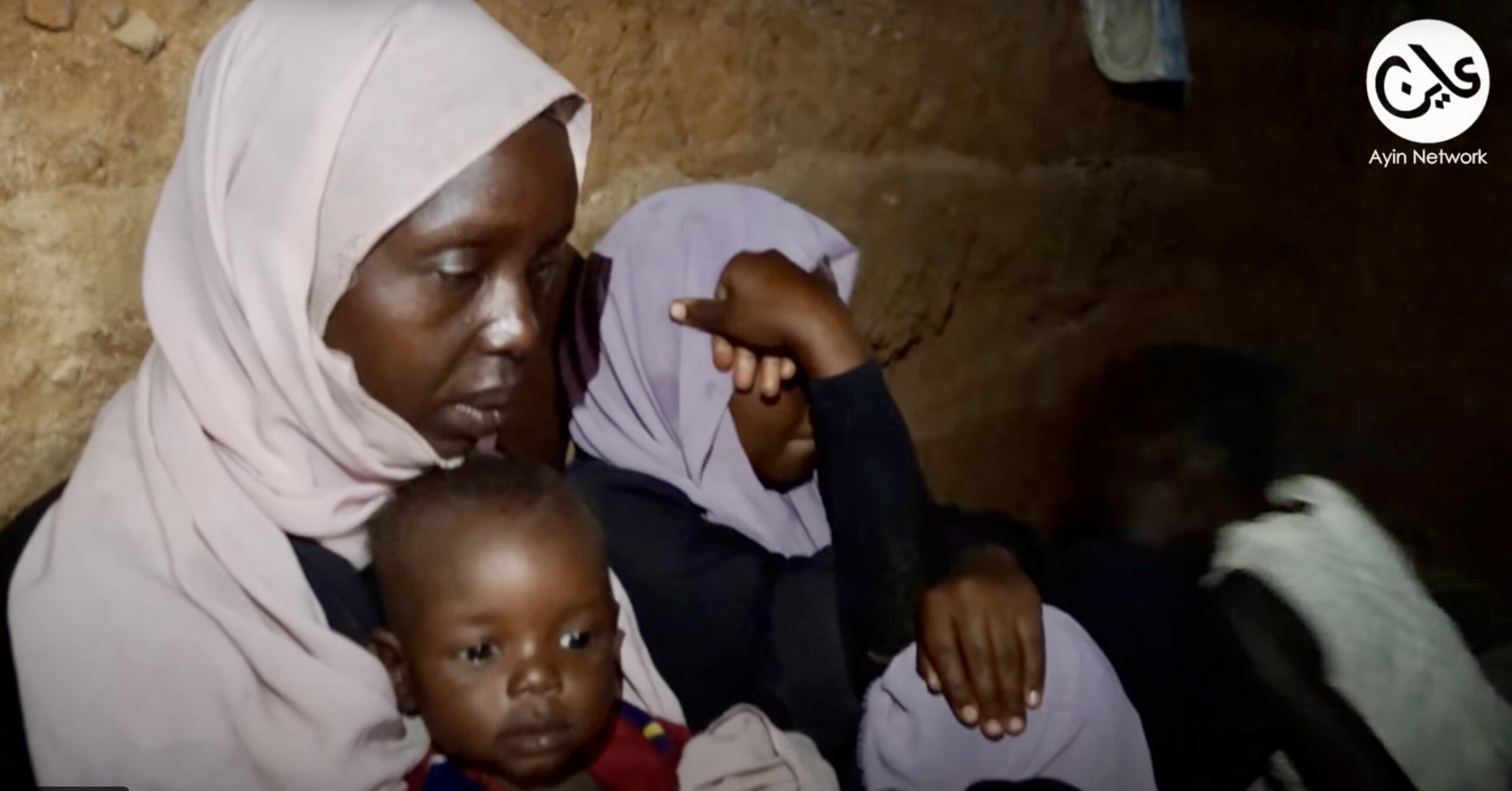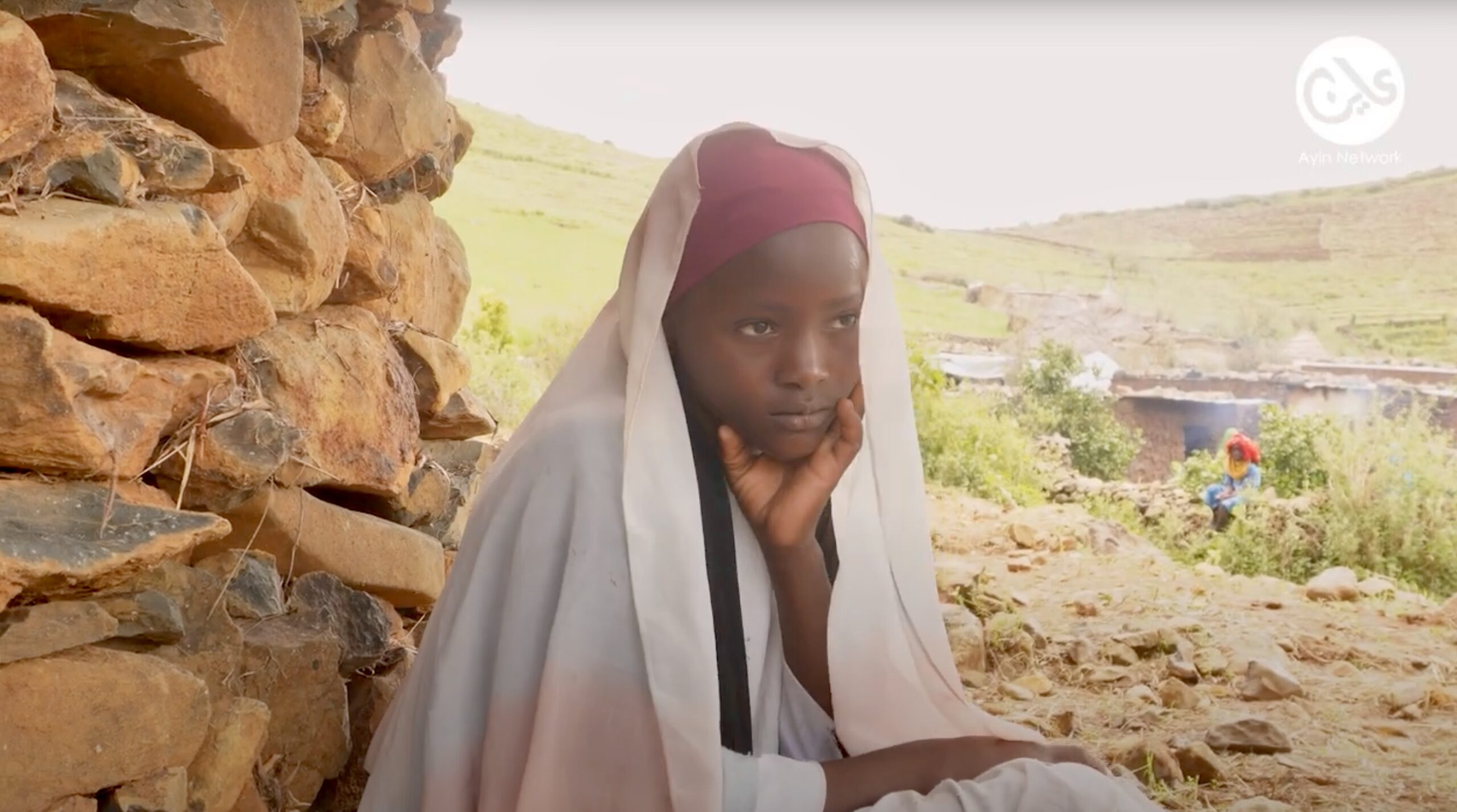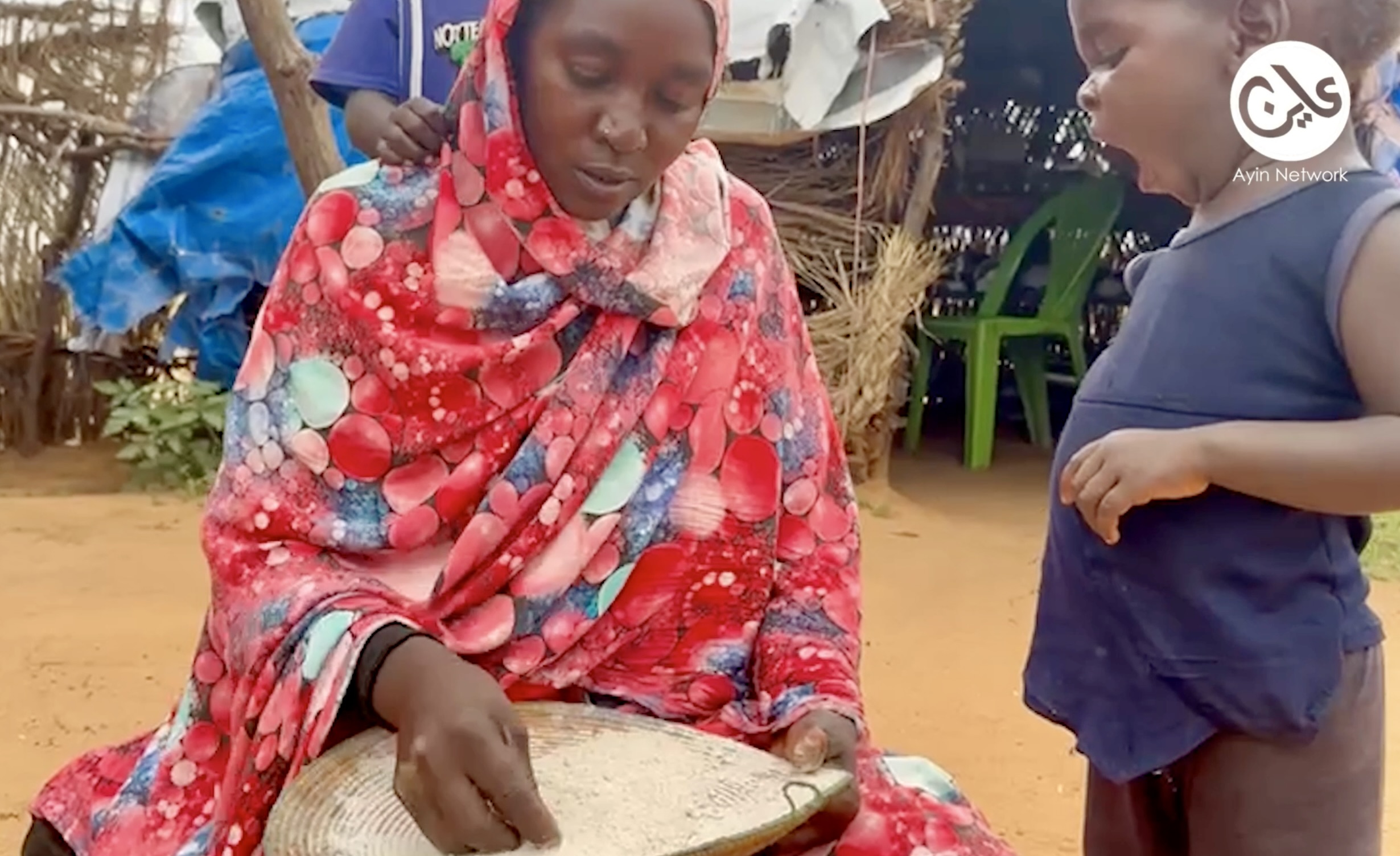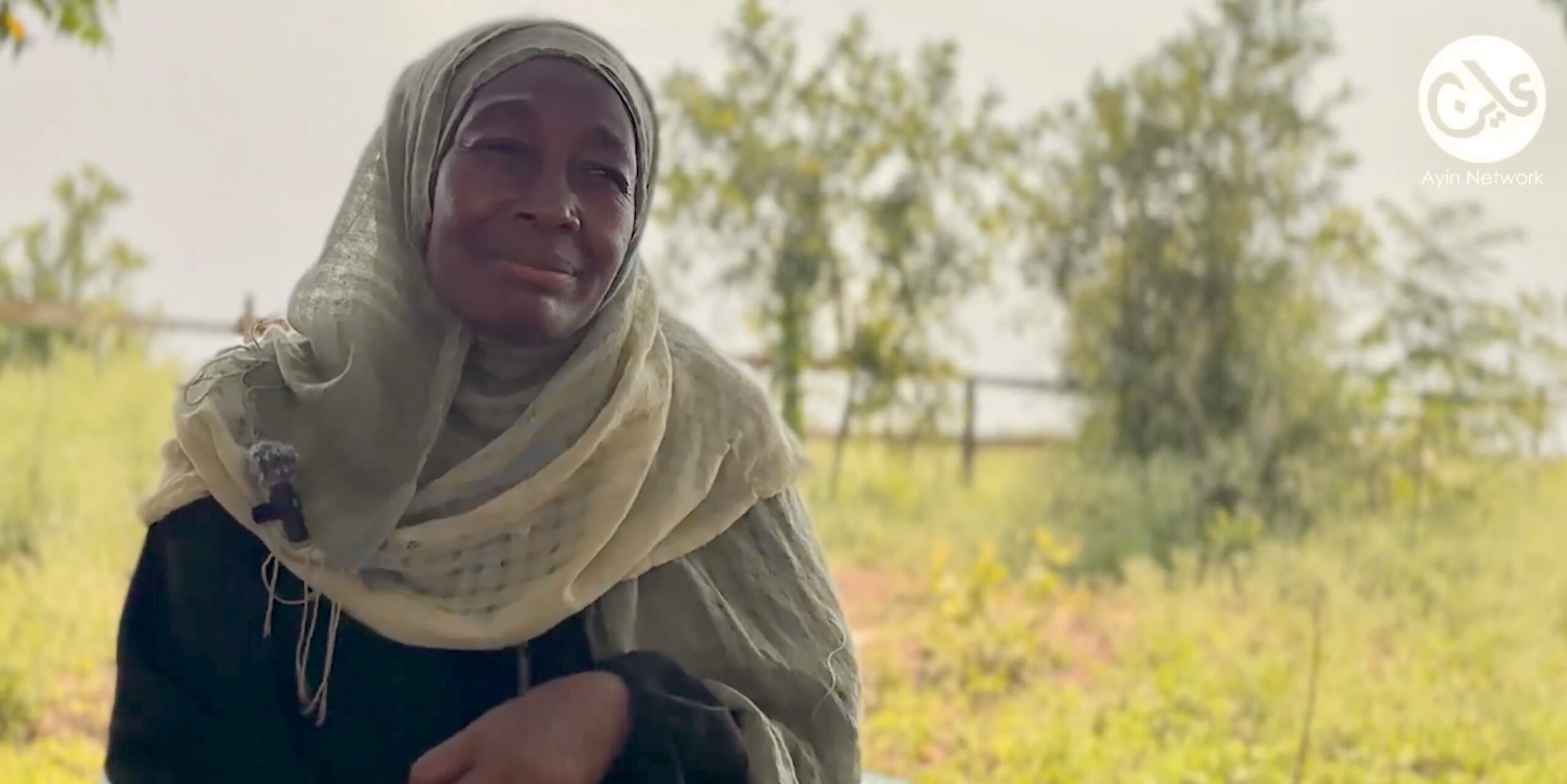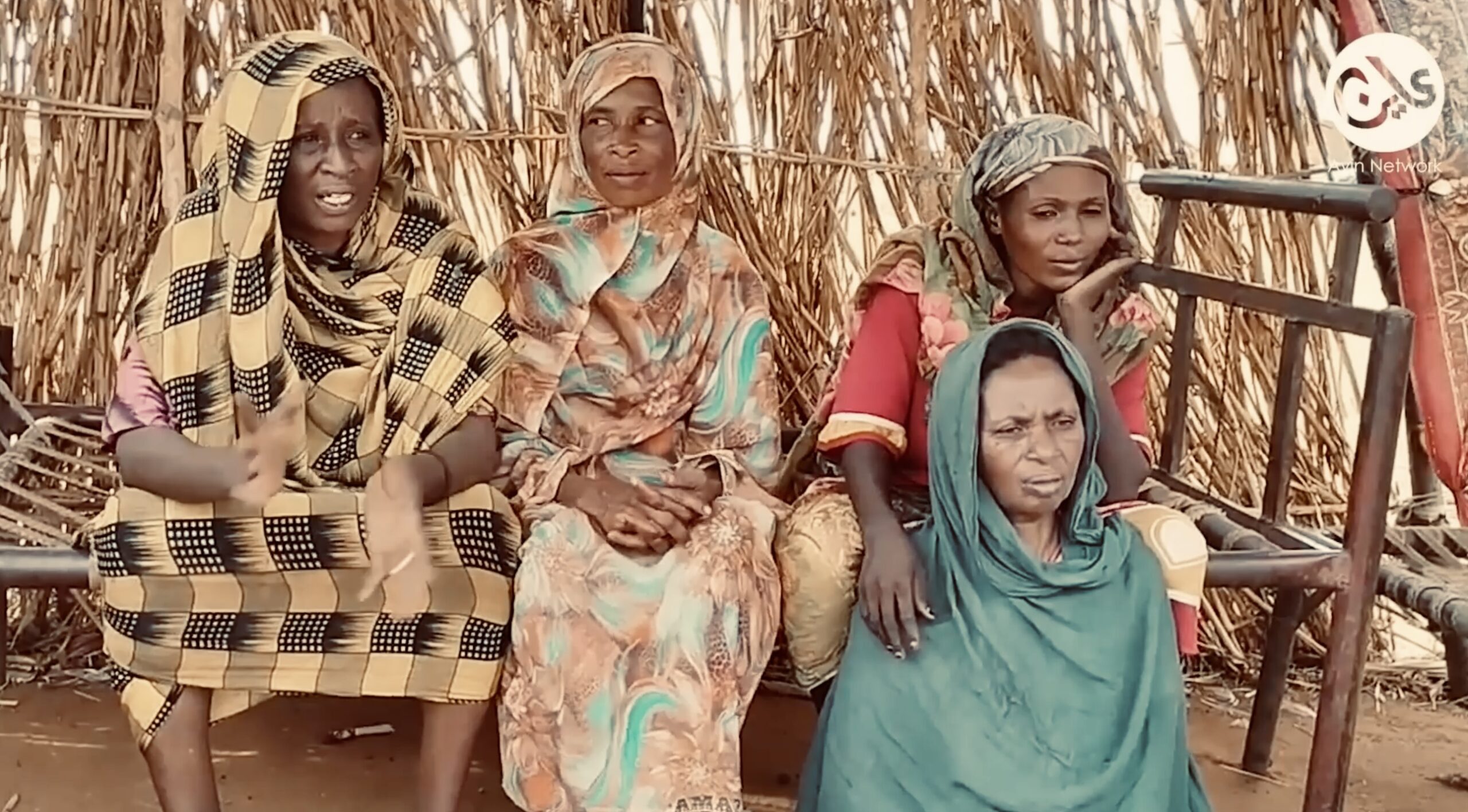El Fasher: Eight months of war to control the city, the region
8 January 2024
Produced in collaboration with Darfur24
The paramilitary Rapid Support Forces have besieged the capital city of North Darfur State, El Fasher, for roughly eight months now, in a battle for complete control of the Darfur region.
If RSF seizes El Fasher, the army will lose its last foothold in Darfur, allowing RSF leader Mohamed Hamdan Dagalo (aka “Hemedti”) to govern five states across a territory comparable to Spain, potentially redefining Sudan as a divided nation, analysts say.
The RSF currently holds sway over 10 states, with full control of four Darfur states. Conversely, the Sudanese army, in alliance with joint forces—comprising armed movements that signed the 2020 peace agreement with the government—defends El Fasher. Prominent among these groups are the Sudan Liberation Movement, led by Minni Arko Minnawi, and the Justice and Equality Movement under Jibril Ibrahim, alongside volunteers fighting with the Sudanese Armed Forces.
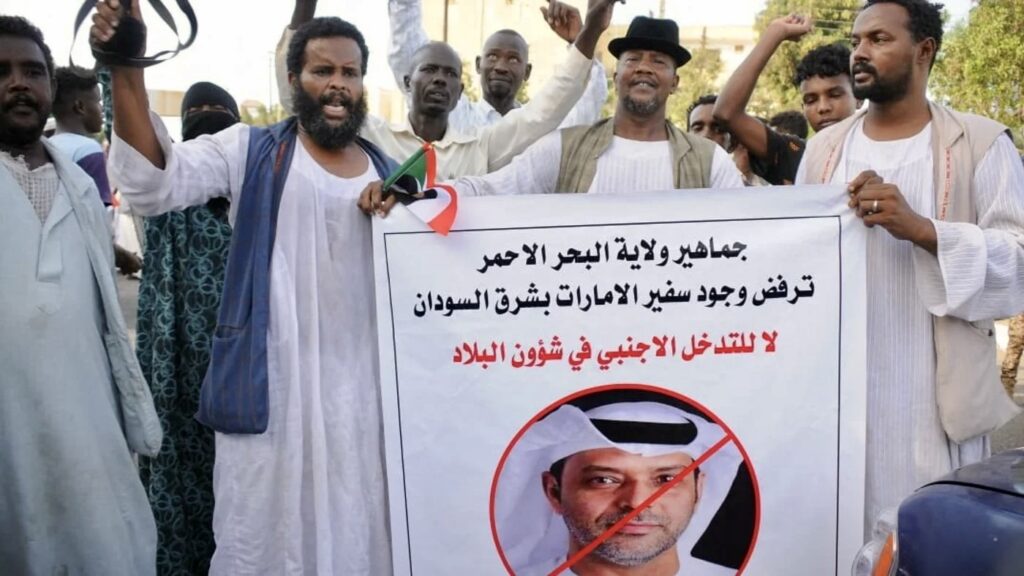
Economic Influence
Darfur’s wealth lures RSF’s regional allies, particularly the United Arab Emirates, RSF’s primary backer, to support RSF control over the western region of Sudan. “Officials in Abu Dhabi believe the Gulf state’s interests in Sudan—especially Darfur’s future—are non-negotiable,” conflict expert Issa Qasmallah told Ayin and Darfur24. He adds, “These discussions are ongoing in regional and international circles, with proposals from major powers offering trade-offs like ‘leave Khartoum to take El Fasher.’”
Darfur’s Minister of Culture and Information under the de facto, army-controlled government, Abdulaziz Suleiman Aroui, denies claims of an international deal trading Khartoum for El Fasher. “The armed forces and joint units form a solid alliance, immune to external manipulation,” he told Ayin and Darfur24. “Regardless of global intentions, Sudan’s future lies in our hands.” He emphasised the military’s growing strength, with 30,000 troops stationed in El Fasher, gradually expanding safe zones to protect civilians.
Whether the RSF is under foreign pressure to control Darfur or not, the RSF are profiting from their control of the resource-rich region. Recently, new traders, mostly RSF leaders, drove a surge in gold prices at significant Darfur mines. A witness from the Qambele mine in South Darfur’s Sungu area told Ayin and Darfur24, “Gold prices rose from 160,000 SDG per gram to 220,000 SDG this December,” attributing the increase to rising demand and external traders buying unprocessed ore. A former gold trader in Nyala confirmed RSF harassment had driven many out of the market.
RSF workers collect gold weekly from mines near Nyala and offer 20,000 SDG per gram over market rates. Armed RSF personnel guard the transport of gold from the mines to Nyala to prevent highway robberies. The expansion of this trend since September in Kass, Nyala, and other mining areas is notable, traders say.
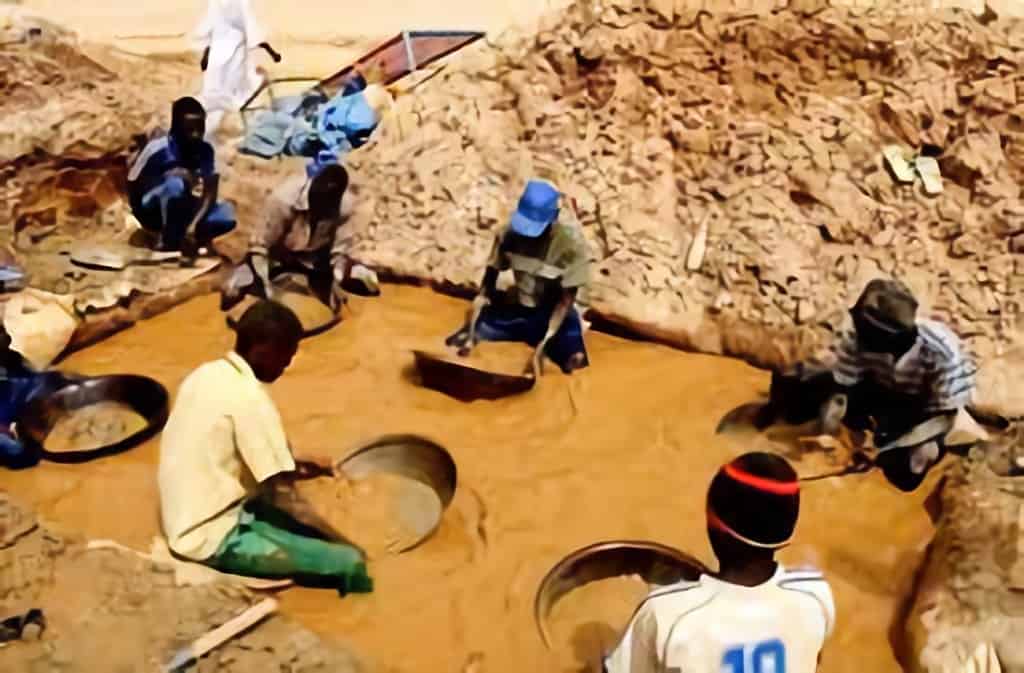
Beyond Gold
RSF-controlled areas in Darfur and Kordofan are among Sudan’s richest agricultural and livestock regions. To consolidate economic power, RSF blocked the export of goods from its territories to army-controlled areas, halting trade with Egypt. Despite the blockade, RSF diverted goods to alternative markets through affiliated commercial networks.
RSF’s civilian administration in Central Darfur has revitalised border markets to export local products, controlling trade revenues. This practice extends across RSF-held states.
In Mukjar, an official reported RSF seized Darfur’s largest gum arabic storage and now exports 25,000 tons weekly to Nyala. The official admitted uncertainty about RSF’s export destinations but confirmed that local traders continue to sell gum arabic in Darfur’s markets.
While some goods find their way to neighbouring countries by land, RSF’s operation of Nyala Airport raises concerns about illicit exports. Sources revealed RSF reactivated the airport with jamming devices to deter Sudanese military airstrikes. Since September, the airport has hosted nighttime cargo flights, remaining on the tarmac for less than 90 minutes, the same sources said.
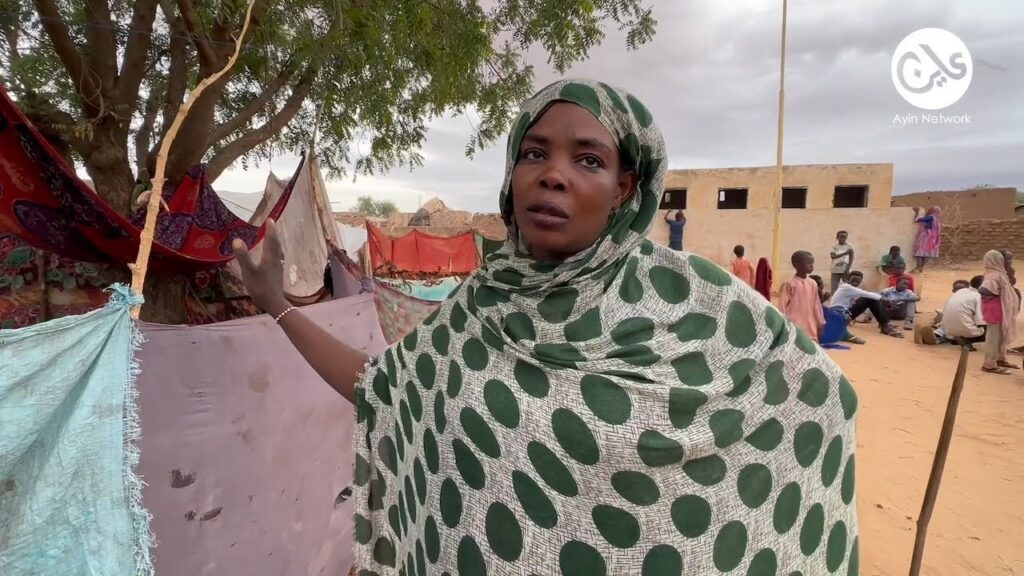
Military Stalemate?
Although the Sudanese military alliance is maintaining control of El Fasher, heavy RSF arms shipments embolden their prolonged siege.”El Fasher’s fall to RSF seems inevitable, paving the way for two competing governments—one under Burhan and the other under Hemedti—struggling for legitimacy,” warns political analyst Ahmed Hamdan. The army’s position is further weakened in El-Fasher, Hamdan says, after recent tensions rose between Sudanese Army Chief Abdel Fattah al-Burhan and Darfur Governor Minni Minnawi.
“El Fasher’s fate hinges on battlefield realities,” says Darfur researcher Dhirar Adam. “While joint forces can resist RSF’s advances, sustaining this defence requires ongoing reinforcements and supply stockpiles.”
A new RSF government
RSF’s ambition to govern all of Darfur politically and militarily aligns with efforts to establish a de facto government, Adam adds, pointing to recent discussions to establish a civilian government in RSF-controlled areas.
However, Aroui asserts that such endeavours remain unattainable, considering the RSF’s limited control over its own forces and the captured territory. “Managing four unstable Darfur states remains elusive for the RSF,” he said. “The RSF’s focus on El Fasher originates from their objective to fully control Darfur, engaging in negotiations with the Sudanese government from a stronger stance.”




